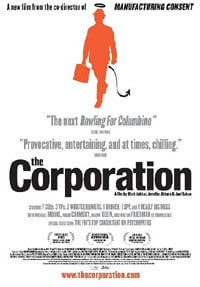This is the third and last podcast on the Meta-Model in this language series, to be followed by Sleight of Mouth patterns, and the Milton Model patterns, each a small series in itself.
In this last Meta-Model talk, we cover the following deletions:
- Ambiguous nouns
- Ambiguous verbs
- Ambiguous adjectives and adverbs
- Unspecified referential index
- Implicit comparisons
- Judgements
As usual, we chose our examples from 3 different areas:
- Politics
- Relationship
- Business operations
And we run each pattern through three examples from each of those areas.
[techtags: NLP, Language, Meta-Model, Deletions]

